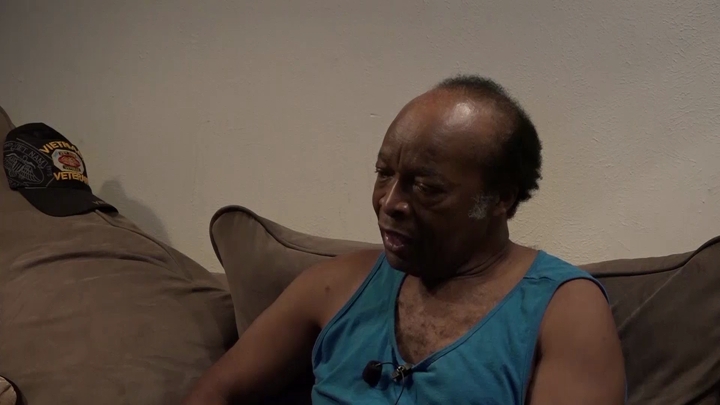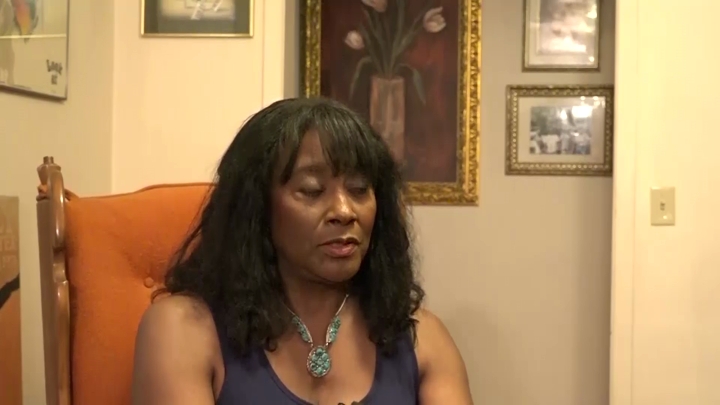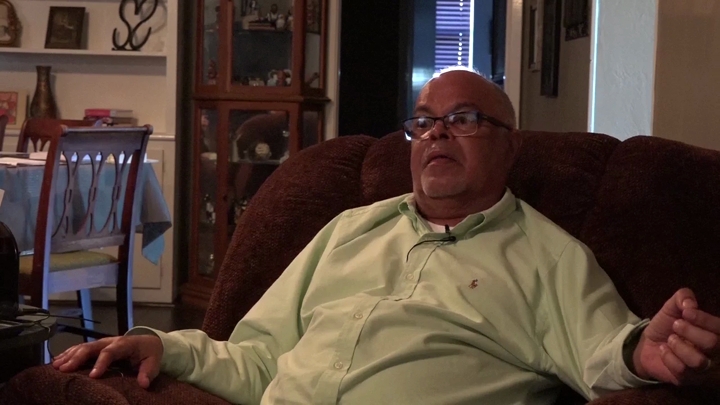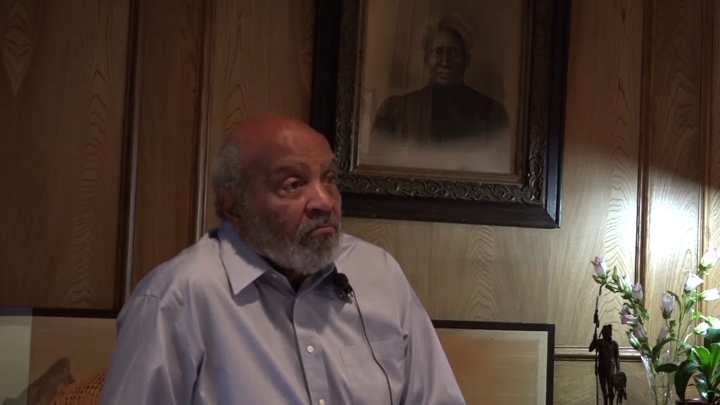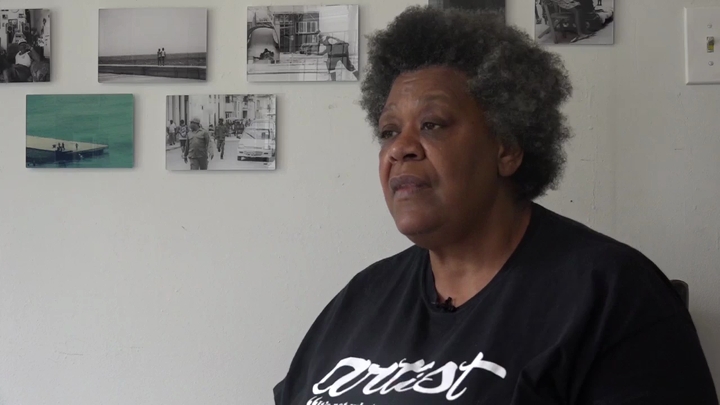Calyen / Civil Rights Movement, Protesting, and Racism, Part One
sign up or sign in to add/edit transcript
Interviewer: In terms of growing up when you were growing up, the civil rights movement, the national civil rights movement was in all the media. How well aware was the black community in Conroe of the happenings? Calyen: We were well aware. I mean, I was particularly because I was an avid follower of Dr. King and I was constantly finding out what he was doing and where he was marching. I was always hoping he would come to Conroe and lead a protest here, but especially the newspapers. I read the newspapers everyday and would see something that was going on. I can remember Dr. King, the bus boycott in Montgomery. When it was all over, after three hundred sixty-six days, it was all over and they had won. I just felt proud. People had stuck to the fight because nobody black was riding the busses and they realized that that was who their ridership primarily was, and they passed the law that said you could ride and sit anywhere you wanted to on the bus. Despite him leading that protest and having won that decision. Interviewer: So, it inspired y’all, later years, to do your own kind of protest? Calyen: At that time, the bus service we did have, it wasn’t no longer in business. We often thought about, if there was a bus that came to Conroe, we’d be able to ride and sit anywhere that you wanted to sit. Interviewer: So, did you have any notable experiences in middle school? Calyen: In middle school? No, not really in middle school because my mom at middle school probably anywhere I needed to go she might take me there or something. She might have experienced something, but I can’t remember her experiencing anything either because, you know, it runs down. If she had had a bad experience, she would come and say, “Don’t go in there anymore because they don’t treat people right,” but I can’t remember her saying any bad experience in middle school. Interviewer: Did people in black community tell stories of having bad experiences? Calyen: Yeah, it was a whole lot of bad experiences that people in Conroe talked about. They tarred and feathered a guy on the courthouse. They hung a guy on the courthouse, at the courthouse square. My uncle— Interviewer: What years were these? Calyen: It was in the thirties and forties. My uncle, I had an uncle that was—he had to leave Conroe because it was reported that he had looked in a window and a white woman was naked in there. She screamed, and he had to leave. He never came back to Conroe. Interviewer: He feared for his safety or lynching? Calyen: Yeah, he thought that his safety would be— Interviewer: Were lynchings happening in Conroe? Calyen: No. They did happen, but I can’t remember one happening in my era. Interviewer: In your time. Calyen: Yeah.


